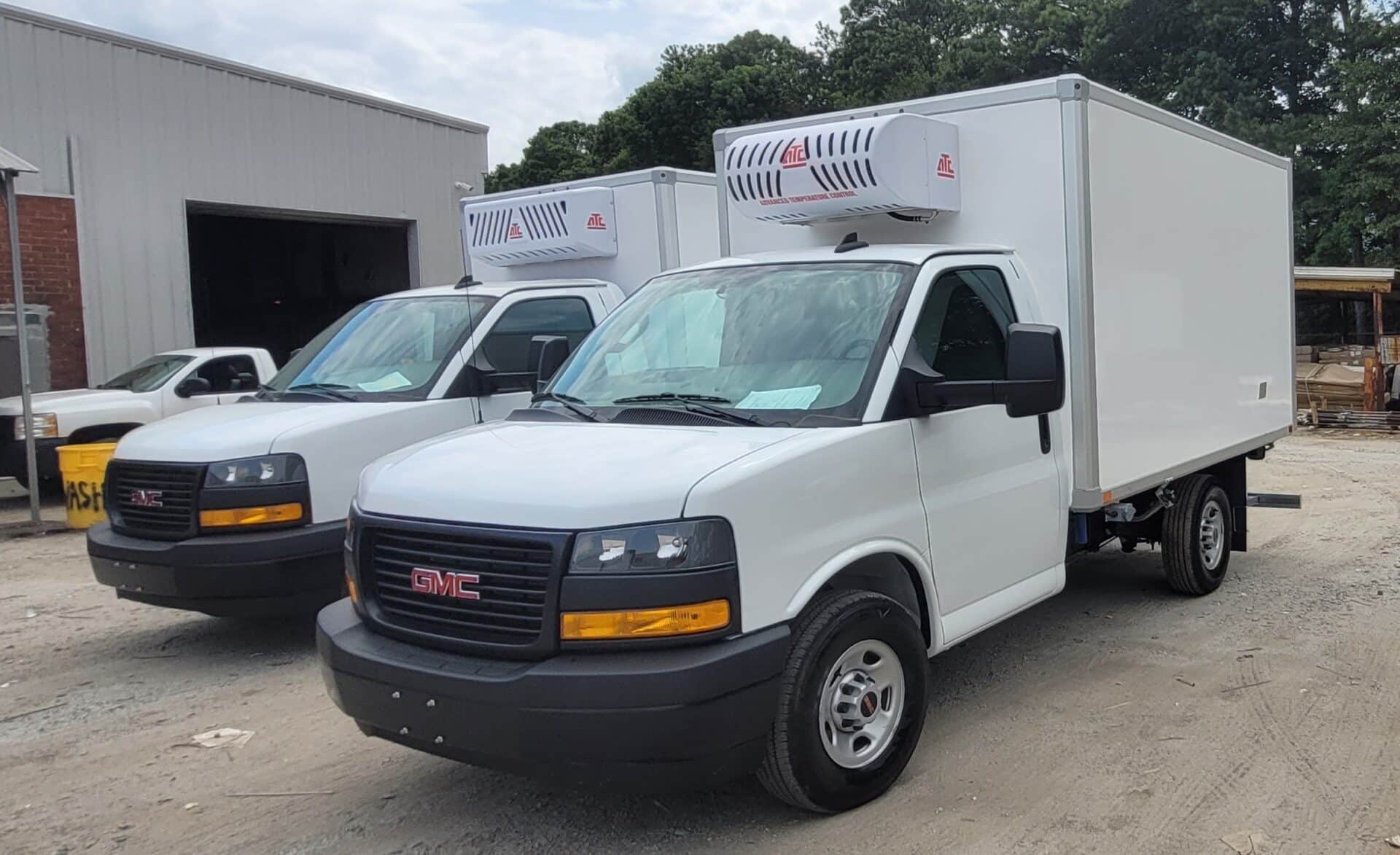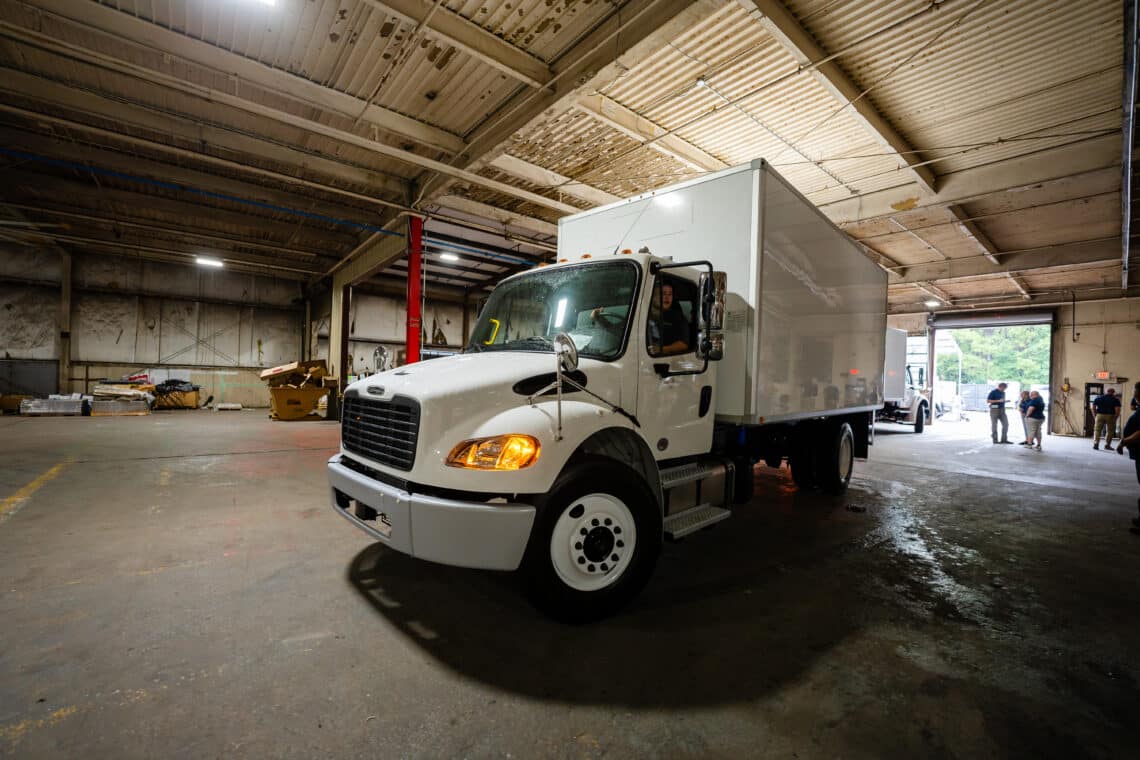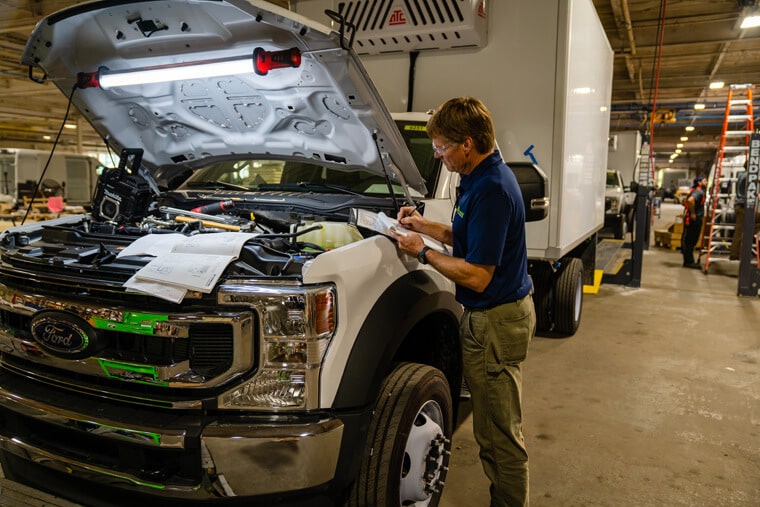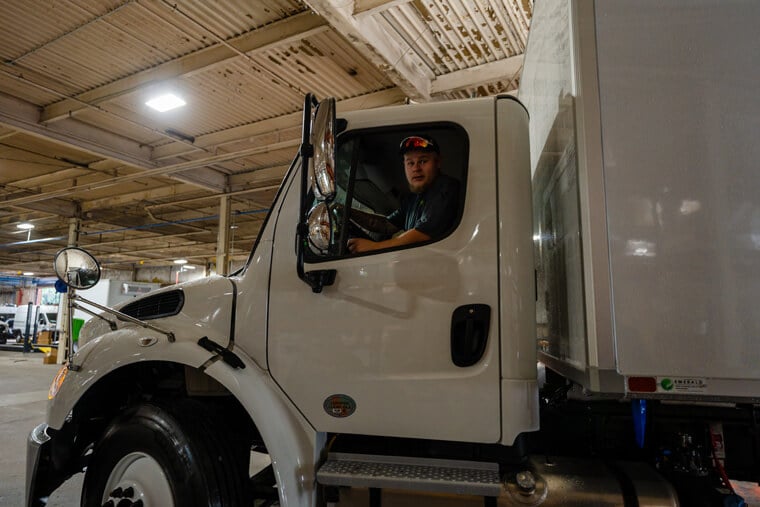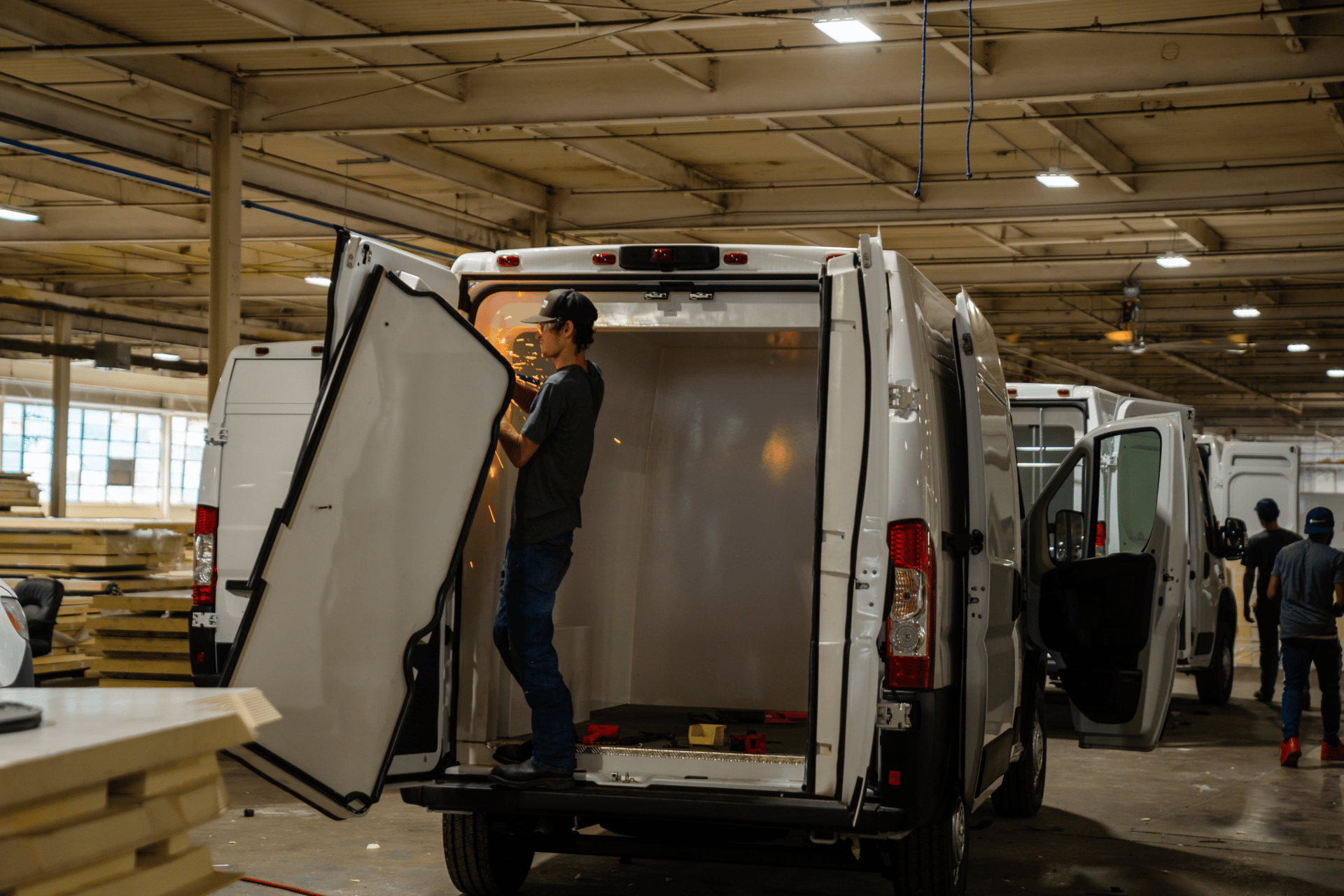
Four Things to Consider When Buying a Refrigerated Truck
Todd Cawley | March 1st, 2023
Whether you need to deliver food to a grocer or a large amount of medication to a pharmacy, a commercial refrigerated truck plays a crucial role in your business’s success and dependability. Delivering fresh items at the proper temperature is a great way to build your reputation. You need refrigerated transportation you can count on, but purchasing a refrigerated truck is not a simple task – the following are factors you need to consider to ensure that the truck meets your business’s needs and requirements:
Temperature
Perhaps the first thing that comes to mind when searching for a refrigerated truck is its ability to reach and maintain a constant temperature. Your needs may vary drastically from those of other industries. Pharmaceuticals, such as insulin, need to stay between 35°F and 46°F, while antiques can travel closer to 70°F. Whether you’re transporting ice cream, flowers, cosmetics, or engineered chemicals, no one knows your products better than you. Make note of the temperature variables you need so you can compare it to the specs of trucks you’re looking to buy.
Depending on the goods you’re moving, you might need to consider whether you need a truck that can maintain multiple temperatures in the same trailer. A single-temp trailer will keep the entire space at a steady temperature. These trailers are common and often lighter and less expensive than their multi-temperature counterparts. However, if you need to move mid-temperature goods at the same time as deep-frozen (or any combination of goods that require differing temperatures) a multi-temperature truck would be a better investment. As the name suggests, it allows you to divide the trailer space into more than one compartment. Doing so lets you make fewer trips, while still guaranteeing the integrity of the products on arrival.
Your Payload
Another factor to consider is the size of your load and how it will fit in your truck. If you’re hauling meat or poultry, you’ll need a large truck with plenty of room to hang the goods. You should maximize space, while having quick access to the products. You want to ensure that the truck can carry the payload you’re expecting to carry and has the space to load it.
Also consider where your business is now and where you plan to be in a few years as well. Refrigerated trucks can be costly, but investing in one that caters to your needs now and down the road can save you time and money in the long-run.
Door Design
This is often overlooked when purchasing a truck. If you’re transporting perishables to many locations, you’ll want to keep the temperature as consistent as possible. Since the temperature goes up or down when you open the doors, you’ll want to consider the location of the doors and how well they are protected. How you organize your daily deliveries and the sort of product you transport will determine a lot. You could use strip curtains or another strategy to keep the temperature steady during delivery.
Delivery Truck Upfits and Budget
Say you’ve just bought what you think is the perfect truck, and it’s just the right size to stack three crates of produce side-by-side. But when you go to load your first run, you realize you forgot to take into consideration the thickness of the insulation. Suddenly you can’t carry the same amount of inventory as you expected, which can cut into your bottom line. The same problem can occur with bulkheads and other upfits. While these upgrades can increase efficiency and profits in some ways, you should be mindful of what you’re trading for space. Upfits that affect the quality of thermal regulation or interior space can be especially tricky if you’re unaware of the trade-offs.
When it comes to refrigerated trucks, the key is knowing exactly what you need from the vehicle and going into the process with a thorough amount of research and knowledge. Being prepared means you won’t get features you don’t need, but it also ensures that you won’t undersell yourself or your business by cutting corners. With the abundance of customizations and constant innovations available today, you can absolutely find the perfect fit.
The professionals at Emerald Transportation Solutions will help you select the most affordable and reliable refrigerated truck to meet your needs. Whether you’re looking for a Ford, Chevy, Ram, or other make, we have the right delivery truck for you. At Emerald Transportation Solutions, we carry different sized refrigerated delivery trucks, including 12’-14,’ 16’-20,’ and 22’-28’ options. The 12’-14’ is our smallest commercial refrigerated truck, and it can handle 4-6 pallets and between 5,000 to 7,000 lbs. The 22’ to 28’ option is our heavy-duty option, and it can take on 10-12 pallets and payloads between 9,000 and 15,000 lbs. Our collection of insulated delivery trucks comes from Isuzu, Hino, Mitsubishi, Ford, Chevrolet, and others. For more information on our refrigerated vehicles and the competitive finance options we offer, please contact us today!
Related Articles
Contact Us
Feel Free To Contact Us If You Have Any Questions
What does under DOT mean?
Questions regarding DOT requirements come up often. 10,000 lbs GVW (gross vehicle weight) and over are commercial vehicles that fall under the Department of Transportation regulatory requirements.
What is the difference between GVW and payload?
GVW or Gross Vehicle Weight is the entire weight of the vehicle including the payload. The payload weight represents the amount of cargo you are hauling.
What is a self-powered unit and a vehicle-powered unit?
A self-powered unit has its own fuel source and will run independent of the truck. This is the heaviest and most expensive option. While vehicle-powered units run off the engine via a compressor mounted on the engine. These are less expensive and lighter in weight but you must run the truck or plug the electric standby into shore power.
What does K-factor mean and why is that important?
K-factor is a term that stands for the overall insulating value of the container (truck body). Quite simply the lower the K-factor the better the truck body will be able to maintain a given temperature and require less energy to do so.
How much lighter is a Poly Van vs a US spec body?
Poly Van bodies are very light. On average we estimate we are 75-150 lbs per foot lighter than a traditional sheet and post foamed in place body. These weight savings translates to less fuel burn and less CO2 emissions, along with added payload, the most important benefit.
